
Patience & Persistence
Learning how to cope with frustration is an important skill for all children.
Patience and persistence are powerful skills that can help kids work through frustration and accomplish goals. You can help them build these skills using the strategies below.
Introduce “The Power of Yet”
Let children know that just because they can’t do something now, that does not mean they won’t ever be able to do it. Teach them the phrase, “I just can’t do it yet.” Remind them that learning something new takes time and practice. You might say, “Remember when you did not know how to button your shirt. You tried and tried and now you can do it all on your own!”
Breathe, Think, Do
When children have a frustrating moment, it can be difficult for them to find the tools to calm down. To help, teach them these steps:
- Breathe: Encourage children to slowly take three deep breaths.
- Think: Help children come up with some possible plans to solve their problem.
- Do: Together, choose a plan and try it out. If it doesn’t work, try another.
Embrace Mistakes
You can help children be more persistent when you show them that mistakes are okay—in fact, they are an important part of learning. Let children see you make mistakes and stay positive after making them.
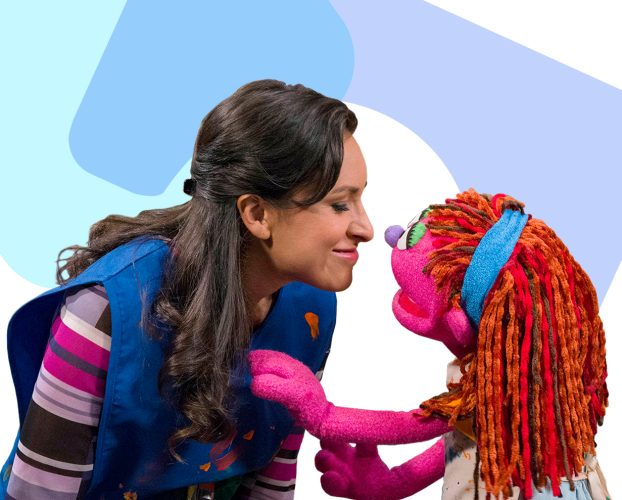
Creating Safety and a Sense of Home

Listen, Feel, and See with Elmo
When children are in the hospital, this mindfulness game can help them soothe themselves.
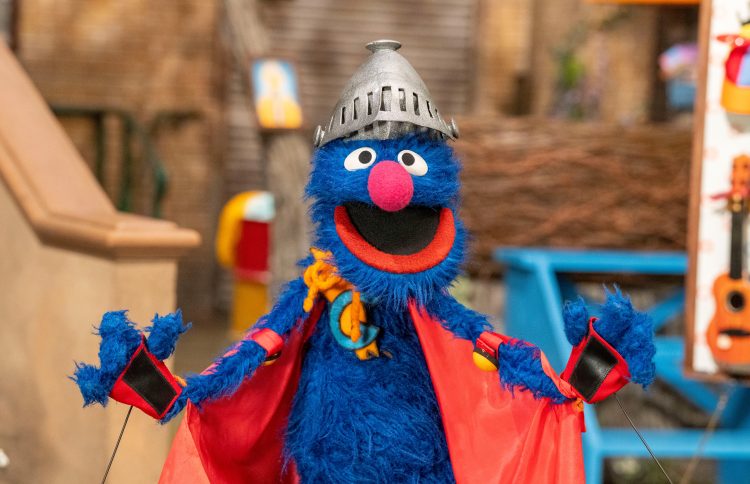
Watch and Play: Grover's Super Suitycase
Watch this episode and explore ways to extend the learning at home.
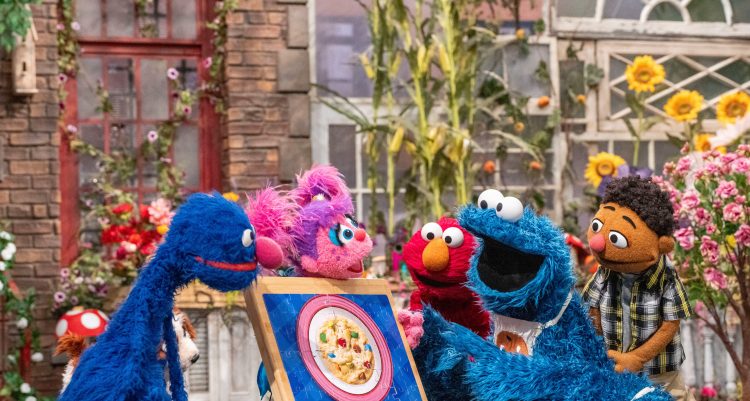
Watch and Play: Cookie Monster's Big Puzzle
Watch this episode and explore ways to extend the learning at home.
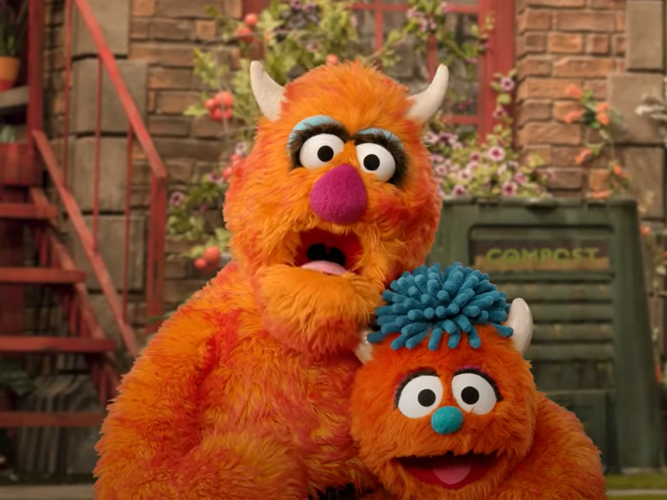
Monster Meltdown
Meltdowns happen… but they are somewhat predictable! As you try to handle them, curiosity and patience go a long way.
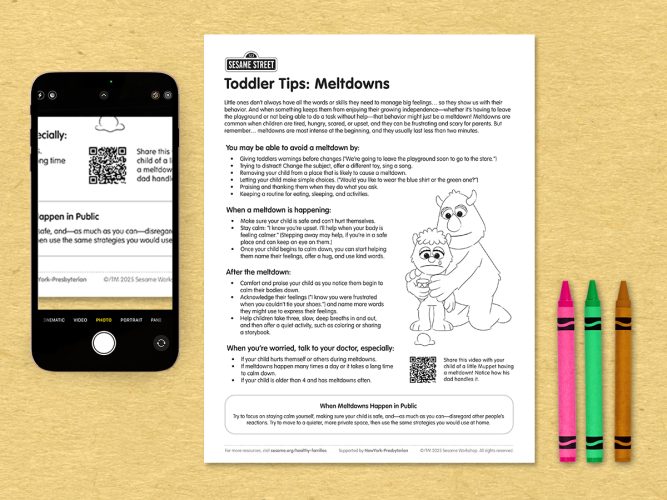
Toddler Tips: Meltdowns
Strategies for during and after a meltdown…and even some ways meltdowns might be avoided.
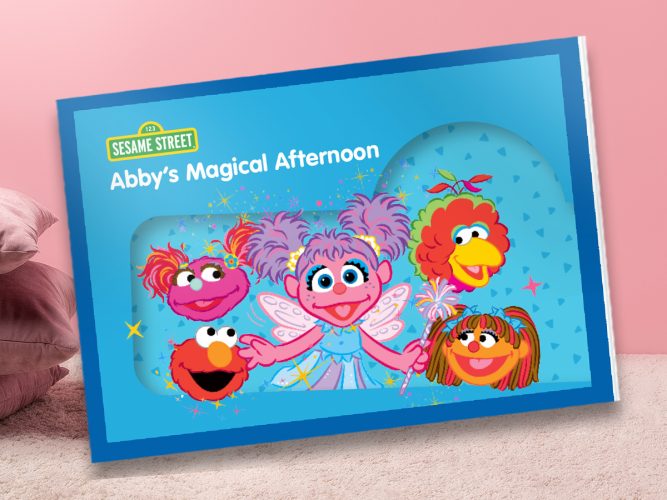
Abby’s Magical Afternoon
A storybook all about the power of mistakes!
